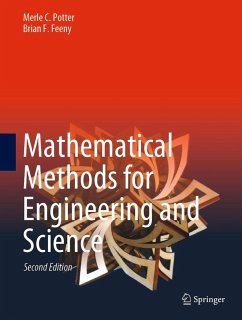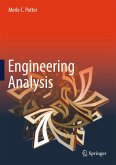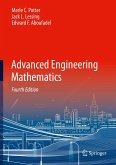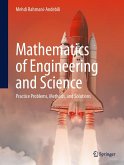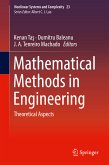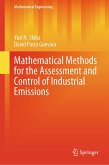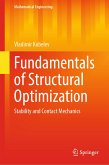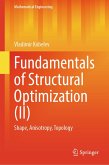This book introduces undergraduate students of engineering and science to applied mathematics essential to the study of many problems. Topics are differential equations, power series, Laplace transforms, matrices and determinants, vector analysis, partial differential equations, complex variables, and numerical methods. Approximately, 160 examples and 1000 homework problems aid students in their study. This book presents mathematical topics using derivations rather than theorems and proofs. This textbook is uniquely qualified to apply mathematics to physical applications (spring-mass systems, electrical circuits, conduction, diffusion, etc.), in a manner that is efficient and understandable.
This book is written to support a mathematics course after differential equations, to permit several topics to be covered in one semester, and to make the material comprehensible to undergraduates. An Instructor Solutions Manual, and also a Student Solutions Manual that provides solutions to select problems, is available.
Dieser Download kann aus rechtlichen Gründen nur mit Rechnungsadresse in A, B, BG, CY, CZ, D, DK, EW, E, FIN, F, GR, HR, H, IRL, I, LT, L, LR, M, NL, PL, P, R, S, SLO, SK ausgeliefert werden.

